This month we are spotlighting YA author, Parisa Akhbari and her recently released novel Just Another Epic Love Poem. Akhbari is a mental health therapist and writer. Her debut is a sapphic love story about falling in love with your best friend. She Reads had the opportunity to sit down with Parisa and ask her some questions about what inspired the book, her own reading faves and her thoughts on the young adult genre.
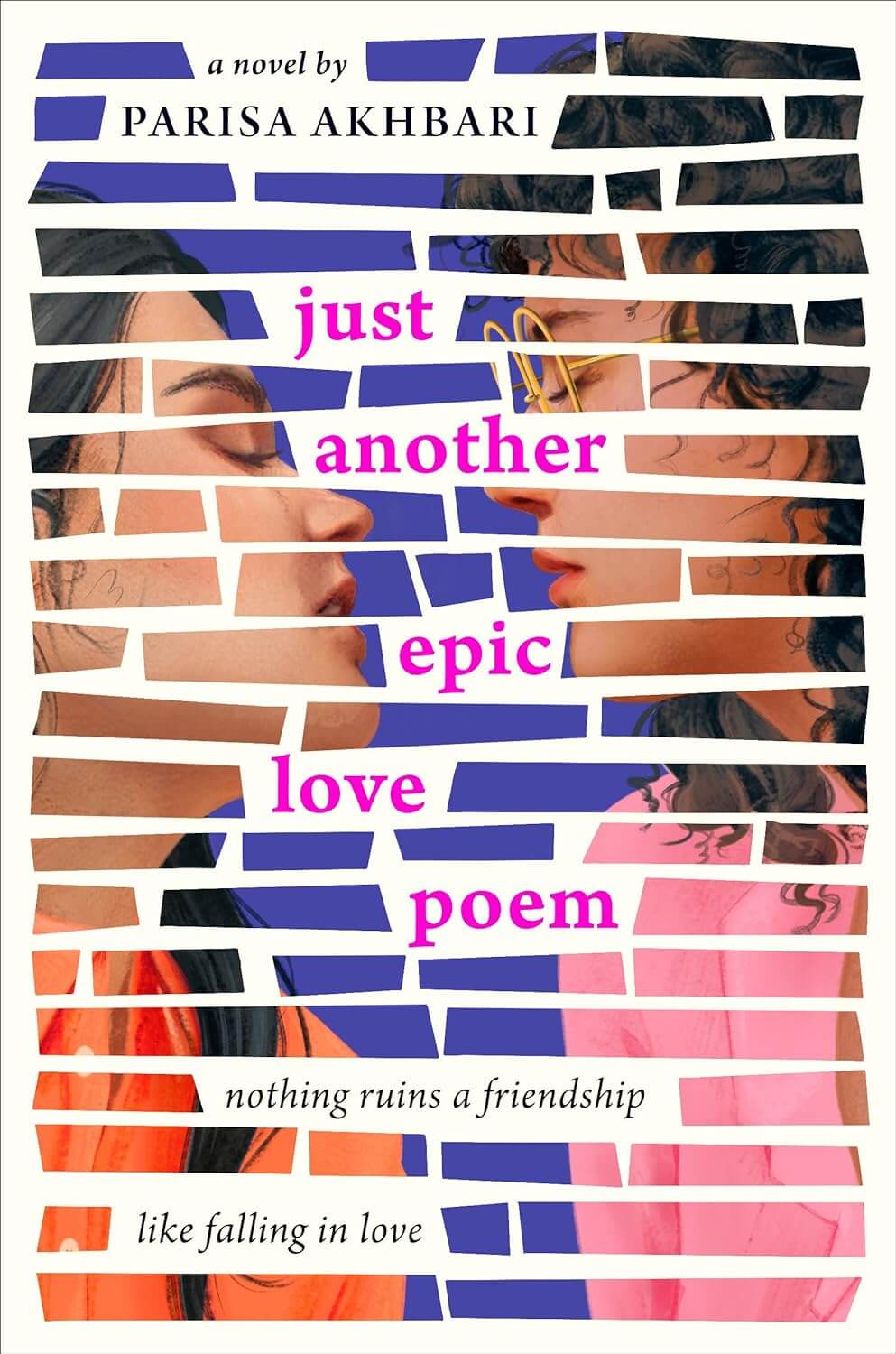
Just Another Epic Love Story by Parisa Akhbari
Mitra Esfahani and Bea Ortega have nurtured their friendship and shared their deepest emotions through an ongoing epic poem in a moleskin notebook since they were young. For Mitra, this is a sacred space that captures the essence of their bond and her unvoiced love for Bea, a love that could transform or challenge their deep connection. Diving into this complex relationship with a mix of poetic expression and narrative, Just Another Epic Love Story explores the joy, heartbreak, and humor that arise as Mitra and Bea confront the evolving meaning of “I love you.”
Buy the book now: Bookshop.org | Amazon | Barnes & Noble
What inspired you to write this story?
With the political and global unrest of the last few years, I often wonder about the kind of world we’re handing to our younger generations. Before writing this novel, I had been feeling a kind of powerlessness about what I could offer young people, beyond the day-to-day work I do as an adolescent therapist. I believe the stories we tell have power, and at the end of the day, what matters most to me is my connection with other people. So this novel was a healing and hopeful project for me: a way to show both teens and my younger self that our stories are worth telling, and that we can have hopeful futures full of meaningful relationships where we feel fully loved and accepted. That’s the deep answer. The lighthearted answer is that I wanted to have fun playing around with language, poetry, and the angst of first love!
Share a favorite line from the book.
“I know that ours is the realest kind of story: A story still unfolding. A never-ending thing.”
What role does poetry play in the story? What drew you to including it?
Just Another Epic Love Poem is written in a mixed media format, with prose chapters, stanzas of the never-ending poem that Mitra and Bea write back and forth, Mitra’s personal poetry, text messages, and more. Poetry functions as this safe place the characters have created to hold all the things their stuffy Catholic environment can’t: exploring what it means to be queer in a place like that, what it means to morph from friendship to first love together, how to navigate conflict with their families, their fears and hopes for the future. It’s a form of intimacy, a method of communication, and an emotional tether for Mitra and Bea. I wanted to make poetry a central part of their story for a few reasons. First, poetry is a cornerstone of Iranian culture. It’s infused in how we understand our history and how we connect to the divine. I wanted Mitra to get to be a part of that rich legacy. Second, I was compelled by the idea of using the never-ending poem to capture the nonstop, call-and-response type of communication that was a big part of my youth. We texted, we traded handwritten notes, we hogged the landline for hours-long phone calls…in that way, the never-ending poem is an ode to the urgency of teen connection and communication.
What is it about first loves/young love that you find compelling?
One of the many things I’ve learned in my work as an adolescent therapist is that firsts are intense! They live on inside of us in ways that other experiences don’t. There’s a reason that the music, movies, and pop culture references from our teen years flood us in nostalgia. That period of our lives is often defined by heightened emotions. We’re strapped into the rollercoaster for the first time, and we’re terrified but also exhilarated, and we don’t know what to expect. That’s what I find so compelling about first love. We have no map for it. Our insecurities and high hopes both run wild. It’s a powerful thing for people of any age to experience through literature.
What are some of your favorite books in the genre that inspire you?
I have a huge soft spot for YA love stories and coming-of-age narratives, so this is a tough question for me! Some of my favorites from the last few years include The Lesbiana’s Guide to Catholic School by Sonora Reyes, Last Night at the Telegraph Club by Malinda Lo, All My Rage by Sabaa Tahir, Darius the Great is Not Okay by Adib Khorram, Clap When You Land by Elizabeth Acevedo, and We Are Okay by Nina LaCour. I could go on!
If you could sit down with any author, who would it be?
Can I pick two? To keep with the theme of Just Another Epic Love Poem, I’ll choose poets Audre Lorde and Adrienne Rich. I’d love to have had the opportunity to hear their first-hand thoughts on intersectional feminism and poetry and queerness while they were alive.
Who is your ideal reader for this book?
My ideal reader is someone looking to dive into themes of love, trust, forgiveness, and healing. Someone ready to steep themselves in the emotional journey of the characters, and also their own emotions. Bonus points if they love language and poetry, they’re fans of sapphic romance, and they enjoy friends-to-lovers tropes!
What are you working on next?
I’m in the very early phases of planning my next YA novel, and I can’t wait to get writing again! Readers can follow me on social media (@authorparisa on IG and @parisawrites on TikTok and X) or through my newsletter to stay updated on my next book, as well as behind-the-scenes looks at the writing of Just Another Epic Love Poem. I’m also excited to continue my book tour, with panels at the LA Times Festival of Books on April 21, and the Greater Pittsburgh Festival of Books on May 11th.
If Just Another Epic Love Poem became a movie/TV show, who would play your characters?
I always have a hard time fan-casting the characters I write, because we don’t see a lot of queer, brown young adult actors in Hollywood (though this is definitely changing!) I think a younger Nikohl Boosheri would’ve made a great Mitra. And Isabela Merced would make a great Bea (with curly hair and glasses, of course).
Describe what you believe the power of YA romance is in the world?
I believe the stories we tell say a lot about who we are as a culture. We make meaning through stories, even fictional or fantastical ones. YA romance has the power to strengthen a reader’s sense of empathy, self-compassion, and connection with one another. At its best, it can allow marginalized folks to see a world of possibility awaiting them. There’s so much potential when marginalized young readers see themselves represented in stories, and when they start to recognize that their voices matter, too.
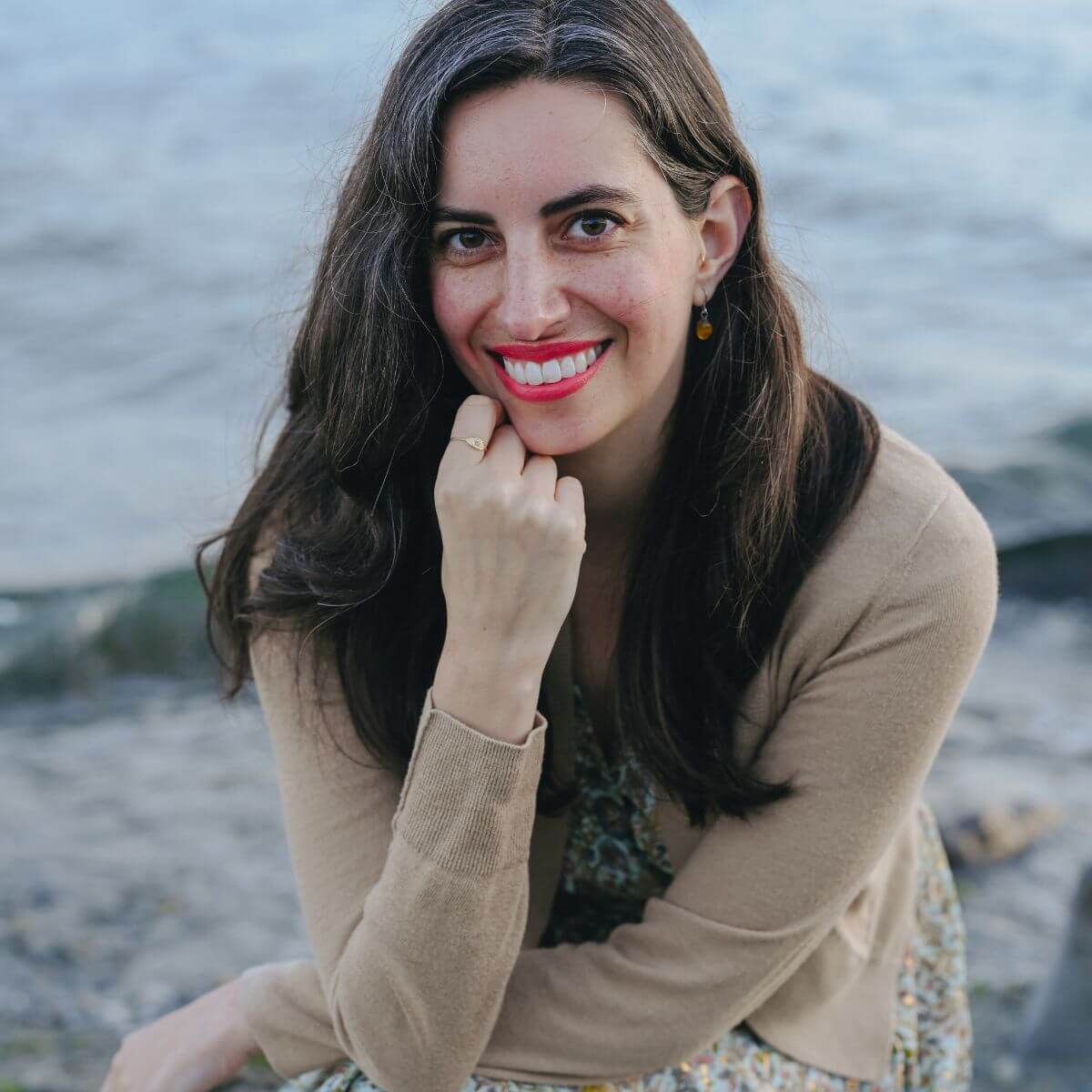
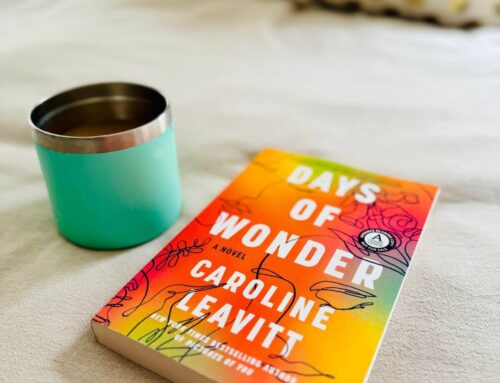
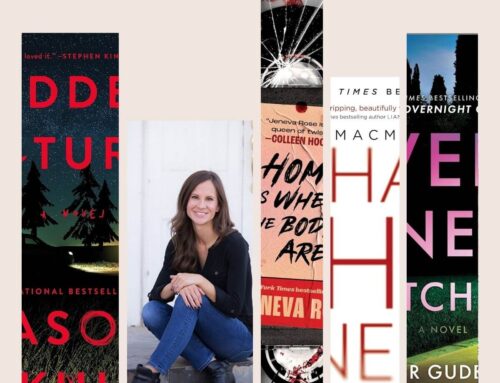
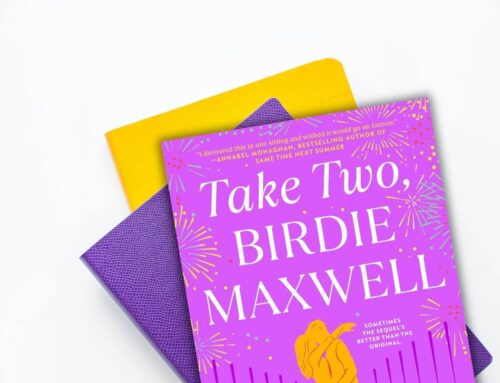
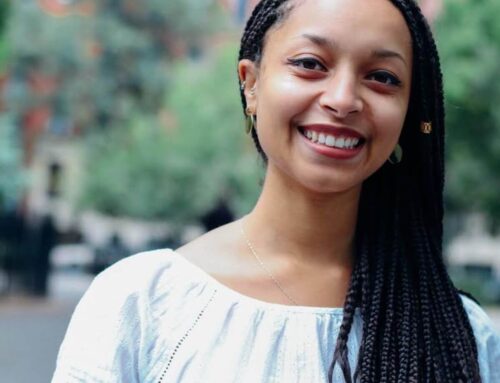
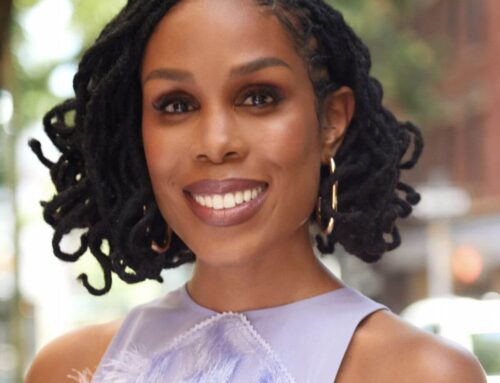
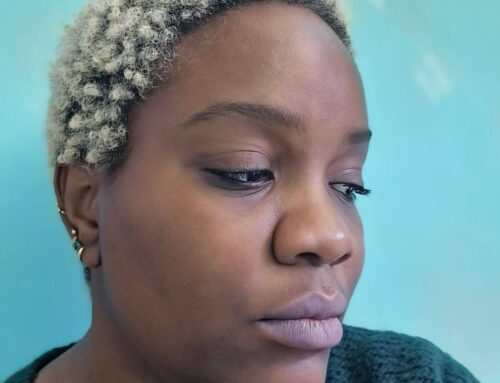
Leave A Comment